Home>Articles>What Should Not Be Plugged Into An Extension Cord?
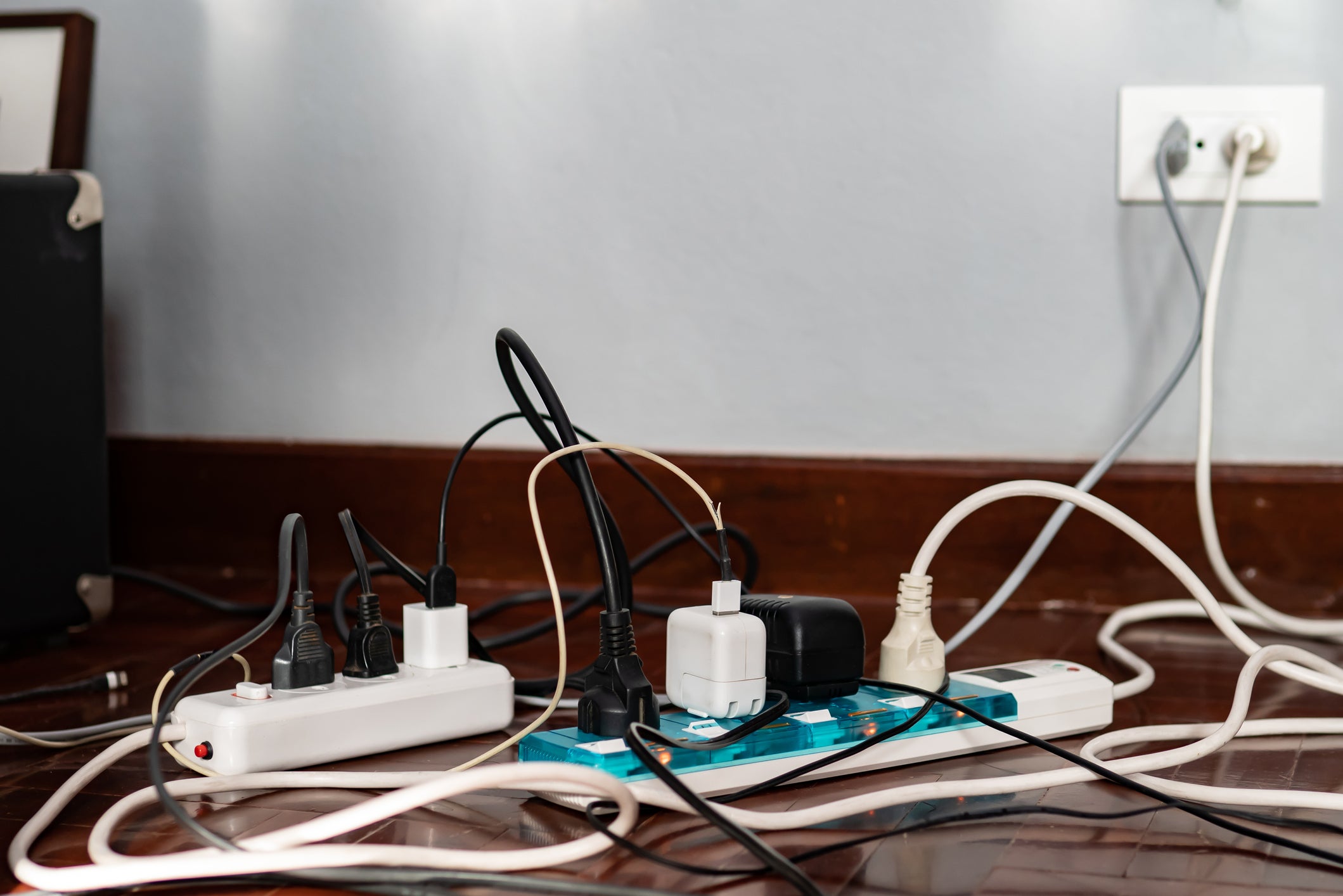

Articles
What Should Not Be Plugged Into An Extension Cord?
Modified: May 6, 2024
Discover the essential article on what devices you should never plug into an extension cord. Ensure electrical safety at home.
(Many of the links in this article redirect to a specific reviewed product. Your purchase of these products through affiliate links helps to generate commission for Storables.com, at no extra cost. Learn more)
Introduction
Extension cords are incredibly useful for providing additional power sources in various situations. Whether it’s in the office, home, or outdoor settings, extension cords can extend the reach of your electrical devices and make your life more convenient. However, it’s essential to use them properly and safely to avoid potential hazards.
One critical aspect of using extension cords safely is understanding what should and should not be plugged into them. Not all appliances and devices are meant to be connected to extension cords, as they may exceed the cord’s capacity or pose a fire risk.
In this article, we will explore what should not be plugged into an extension cord to help you make informed decisions and prevent accidents. By understanding the limitations of extension cords, you can maintain a safe and efficient electrical system in your home or workplace.
Key Takeaways:
- Avoid plugging high-power appliances, heat-producing devices, and major home appliances into standard extension cords to prevent fire hazards and ensure safety.
- Use dedicated circuits, specialty outlets, and proper charging infrastructure for medical equipment, electric vehicles, and outdoor power tools to maintain electrical safety and prevent accidents.
Read more: How To Wire An Extension Cord Plug
Appliances with High Power Consumption
Extension cords come in various lengths and thicknesses, each with a specific power rating. It’s important to note that devices with high power consumption should not be plugged into standard extension cords. These high-power appliances draw a significant amount of electricity, which can overload the cord and cause overheating, fire, or even electrical shock.
Examples of appliances with high power consumption include air conditioners, refrigerators, washing machines, electric heaters, and large home entertainment systems. These devices typically draw a lot of electricity to function properly.
If you need to plug in an appliance with high power consumption, it is recommended to directly connect it to a wall outlet. Wall outlets are designed to handle the power requirements of such devices and have built-in safety features to protect against overloads.
Using an extension cord for high-power appliances can lead to the cord being constantly overloaded, which can cause it to overheat and potentially catch fire. Additionally, the cord may not be able to provide enough electricity to the appliance, which can decrease its efficiency and even damage it.
Always check the power requirements of your appliance and use the appropriate outlet when plugging in devices with high power consumption. By doing so, you can ensure the safety of your electrical system and prevent any potential accidents.
Heat-Producing Appliances
Heat-producing appliances, such as space heaters, electric stoves, toaster ovens, and hairdryers, should not be plugged into extension cords. These appliances generate a significant amount of heat as part of their normal operation, and using an extension cord can pose a fire hazard.
Extension cords are typically designed to handle low to moderate power loads and are not equipped to handle high heat output. When a heat-producing appliance is connected to an extension cord, the cord can become overheated and potentially melt or catch fire. This is especially true if the extension cord is run under rugs, furniture, or other flammable materials, further increasing the risk of a fire.
Heat-producing appliances should always be plugged directly into a wall outlet. Wall outlets are designed to handle the heat generated by these appliances and have the necessary safety mechanisms to prevent overheating and fire hazards.
If the location of the appliance does not allow for direct access to a wall outlet, consider rearranging the space or installing additional outlets to accommodate the appliance safely. It’s crucial not to compromise your safety by utilizing an extension cord inappropriately.
Remember, using an extension cord with heat-producing appliances can lead to severe consequences, including fires and property damage. Always prioritize safety and use the proper electrical connections for your appliances to mitigate any potential risks.
Major Home Appliances
Major home appliances like refrigerators, dishwashers, washing machines, and dryers should not be plugged into extension cords. These appliances draw a significant amount of power and require a stable and direct electrical connection to operate safely and efficiently.
Using an extension cord with major home appliances can result in several issues. Firstly, extension cords may not be able to handle the consistent power demands of these appliances, leading to overheating and potential fire hazards. Secondly, the voltage drop caused by long extension cords can affect the performance and longevity of the appliances.
It is always best to plug major home appliances directly into the appropriate wall outlets. The outlets should be wired and grounded to handle the power demands of these appliances. If you do not have enough outlets or properly placed outlets, it is advisable to consult a licensed electrician to install additional outlets in the desired locations.
Properly sized and dedicated circuits are often required for major home appliances to ensure optimal performance and electrical safety. These circuits are designed to handle the specific power requirements of each appliance and prevent overloading.
When positioning major home appliances, ensure that there is enough clearance around them to allow for proper ventilation. This will help prevent overheating and ensure that the appliances function efficiently. Also, avoid running extension cords behind or under appliances, as it can increase the risk of cord damage or accidental disconnection.
By following these guidelines and understanding the limitations of extension cords, you can maintain the safety and effectiveness of major home appliances in your household.
Medical Equipment
Medical equipment plays a critical role in ensuring the health and well-being of individuals, especially those with specific medical conditions or requirements. When it comes to medical equipment, it is essential to exercise caution and avoid using extension cords whenever possible.
Medical devices such as oxygen concentrators, CPAP machines, dialysis machines, and other specialized medical equipment are designed to operate within specific parameters. These devices may require a higher power supply or have specific electrical grounding requirements that cannot be fulfilled by standard extension cords.
Using an extension cord with medical equipment can pose significant risks to both the device’s functionality and the patient’s safety. Extension cords may not be able to provide the stable power supply or grounding necessary for these devices, leading to malfunctions or electrical hazards.
It is crucial to consult with the manufacturer’s guidelines and recommendations for your specific medical equipment. They will provide you with information on the appropriate electrical connections and any specific requirements for safe operation.
If the location of your medical equipment does not allow for a direct wall outlet connection, it is advisable to consult a licensed electrician to install the necessary specialized outlets or make appropriate modifications to ensure the safety and efficiency of the equipment.
Remember, compromising the electrical integrity of medical equipment can have severe consequences for the patient’s health and well-being. Always prioritize safety and follow proper guidelines when connecting medical devices to electrical sources.
Never plug high wattage appliances like space heaters, air conditioners, or refrigerators into an extension cord. These devices can overload the cord and create a fire hazard.
Read more: How To Replace Plug On Extension Cord
Power Strips, Surge Protectors, and Adapters
Power strips, surge protectors, and adapters are commonly used to expand the number of available outlets and provide added protection against electrical surges. While these devices can be convenient, it is important to use them properly and avoid certain practices that can compromise their effectiveness and safety.
Firstly, it is not recommended to plug one extension cord into another or connect multiple power strips together. This practice, known as “daisy-chaining,” may overload the electrical circuit and pose a fire hazard. Each individual power strip or adapter should be plugged directly into a wall outlet and used as intended.
When using power strips or surge protectors, it is crucial to ensure that the total power consumption of the connected devices does not exceed the strip’s maximum load capacity. Exceeding the power limit can cause overheating, tripped circuit breakers, or even electrical fires.
Power strips and surge protectors also have a limited lifespan and can deteriorate over time. It is important to regularly inspect them for any signs of damage, such as frayed cords or loose connections, and replace them if necessary. Additionally, avoid using power strips or surge protectors in areas prone to moisture or excessive heat, as these conditions can further degrade their effectiveness and safety.
Furthermore, it is crucial to use surge protectors specifically designed for electronic devices, especially for sensitive equipment like computers, gaming consoles, and televisions. Regular power strips may not provide adequate protection against power surges that can damage or destroy these devices. Look for surge protectors with built-in protection mechanisms, such as MOV (Metal-Oxide Varistor) technology, to safeguard your valuable electronics.
Finally, be cautious when using adapters to convert one type of plug into another. While adapters can be convenient for international travel, they should not be used as a permanent solution for incompatible devices. Adapters may not be properly grounded or may not handle the power requirements of the device, leading to potential electrical hazards or equipment damage.
By using power strips, surge protectors, and adapters correctly, you can enhance safety, prevent electrical hazards, and extend the lifespan of your electronic devices.
Electric Vehicles and Charging Stations
The popularity of electric vehicles (EVs) has been steadily increasing as people embrace environmentally friendly transportation alternatives. When it comes to charging your electric vehicle, it is crucial to use the appropriate charging infrastructure and avoid plugging into standard extension cords or outlets not designed for this purpose.
Electric vehicles require a dedicated charging station or an EV charging cable specifically designed to handle the high voltage and current required for charging. Plugging an electric vehicle directly into a standard household outlet or an extension cord can overload the circuit and pose a fire risk.
EV charging stations are built with safety features to provide a reliable and secure charging experience. They have the necessary capacity to handle the higher power demands of EVs and are typically equipped with built-in protection mechanisms to prevent overheating, overcharging, and short circuits.
It is advisable to consult with a licensed electrician to install a dedicated charging station or outlet specifically designed for EV charging in your home or workplace. The electrician can assess your electrical system’s capacity, ensure proper wiring and grounding, and install the appropriate charging infrastructure that meets safety standards and local regulations.
When using public charging stations, always look for certified stations installed by reputable providers. These stations are specifically designed and maintained to safely and efficiently charge electric vehicles.
Remember, using the correct charging infrastructure for your electric vehicle is essential for the safety of both the vehicle and the charging system. Avoid using standard extension cords or outlets not rated for EV charging, as they can lead to electrical hazards and pose risks to both the vehicle and its occupants.
By using the proper charging infrastructure, you can ensure a safe and efficient charging experience for your electric vehicle while contributing to a sustainable future.
Outdoor Power Tools and Equipment
Outdoor power tools and equipment, such as lawnmowers, leaf blowers, chainsaws, and pressure washers, require a significant amount of power to operate effectively. When using these tools, it is important to avoid plugging them into standard extension cords that may not be able to handle their power requirements.
Outdoor power tools and equipment typically draw a higher amount of electricity due to their motor-driven mechanisms. Regular extension cords are not designed to support sustained high-power operations and may overheat or even melt under the load.
It is recommended to use outdoor-rated extension cords specifically designed for use in harsh weather conditions. These extension cords are usually more durable, water-resistant, and have higher amp ratings to handle the power demands of outdoor power tools.
When using outdoor power tools and equipment, make sure to choose the appropriate cord gauge and length. The gauge of an extension cord refers to its capacity to carry electrical current, with lower numbers indicating a thicker and more robust cord. The length of the cord should be sufficient to reach the work area without excessive slack.
It is essential to inspect the extension cords regularly for any signs of wear or damage, especially if they are exposed to outdoor elements. Frayed insulation, exposed wires, or loose connections can pose electrical hazards and increase the risk of accidents, such as electric shocks or fires. If you notice any damage, replace the extension cord immediately.
Additionally, when using outdoor power tools and equipment, be cautious not to run the cords in areas where they may be exposed to sharp objects, excessive moisture, or other potential hazards. Take precautions to prevent the cords from being tripped over or damaged during use.
If you frequently use outdoor power tools and equipment, it may be worth considering the installation of outdoor electrical outlets specifically designed for these purposes. Consult with a licensed electrician to determine the appropriate location and wiring requirements for these outlets, ensuring a safe and efficient power source for your outdoor projects.
By using the proper outdoor-rated extension cords and adhering to safety guidelines, you can operate your outdoor power tools and equipment safely and efficiently, while avoiding potential electrical hazards.
Wet or Damp Environments
Electricity and water do not mix well, which is why it is crucial to exercise caution when using electrical devices in wet or damp environments. Plugging electrical devices into standard extension cords in these conditions can pose a significant risk of electrical shock or electrocution.
Standard extension cords are not designed to be used in wet or damp environments. Moisture can seep into the cord and reach the electrical connections, potentially causing a short circuit or conducting electricity to unintended paths.
It is important to use extension cords specifically designed for wet or damp conditions when working outdoors, in garages, workshops, or other areas prone to moisture. These extension cords are usually labeled as “water-resistant” or “outdoor-rated” and have additional features that help protect against moisture damage.
When using electrical devices in wet or damp environments, such as while gardening or near water sources, it is advisable to use ground fault circuit interrupters (GFCIs). GFCIs are designed to detect even a small imbalance in electrical current and immediately shut off the power to prevent electrical shocks.
Additionally, always ensure that your hands are dry when plugging or unplugging electrical devices, and never touch electrical outlets or cords with wet hands or while standing in wet areas.
If you need to use electrical devices or extension cords in wet or damp environments, consider using cord coverings or enclosures to protect them from moisture. These protective measures can help prevent water from contacting the electrical connections and reduce the risk of electrical hazards.
Always prioritize safety when working in wet or damp environments. If you are uncertain about the appropriate precautions to take or have concerns about electrical safety, consult with a licensed electrician who can provide guidance and ensure that your electrical setup is safe for the specific environment you are working in.
Remember, using electrical devices and extension cords in wet or damp conditions without proper precautions can lead to severe electrical shocks, electrocution, or even fatalities. Take the necessary steps to ensure your safety and the safety of those around you.
Conclusion
Using extension cords can be a convenient way to provide power in various situations, but it’s important to understand their limitations and use them safely. Plugging certain appliances and devices into extension cords can pose risks such as overheating, fire, or electrical shock.
In this article, we’ve discussed what should not be plugged into an extension cord to help you make informed decisions and prevent accidents. Appliances with high power consumption, heat-producing appliances, major home appliances, medical equipment, and electric vehicles should not be connected to standard extension cords. Instead, these devices require specific electrical connections, such as dedicated circuits, charging stations, or specialty outlets.
We also highlighted the importance of using power strips, surge protectors, and adapters correctly. Daisy-chaining power strips, exceeding load capacities, and using improper adapters can lead to electrical hazards and equipment damage.
Furthermore, we emphasized the risks of using extension cords for outdoor power tools and equipment in wet or damp environments. Moisture and improper cord usage in these conditions can lead to electric shocks and damage to both the devices and the surroundings.
By understanding these limitations and following safety guidelines, you can prevent accidents, protect your appliances and devices, and maintain a safe electrical system in your home, workplace, or outdoor settings.
Always prioritize safety and consult with a licensed electrician if you have any questions or concerns regarding your electrical setup. Remember, it’s better to be cautious and take the necessary precautions than risk electrical hazards and potential dangers.
With proper knowledge and responsible usage, you can ensure the longevity and safety of your electrical devices while enjoying the convenience that extension cords provide.
Curious about keeping your space clutter-free and your cords in check? Our next feature offers smart solutions for cord management, tailor-made for modern homes. You'll find practical tips and innovative ideas to keep all types of electrical cords organized, ensuring safety and enhancing the aesthetics of your living space. Don't miss out on creating a tidier environment with our insightful guide on effective cord organization.
Frequently Asked Questions about What Should Not Be Plugged Into An Extension Cord?
Was this page helpful?
At Storables.com, we guarantee accurate and reliable information. Our content, validated by Expert Board Contributors, is crafted following stringent Editorial Policies. We're committed to providing you with well-researched, expert-backed insights for all your informational needs.
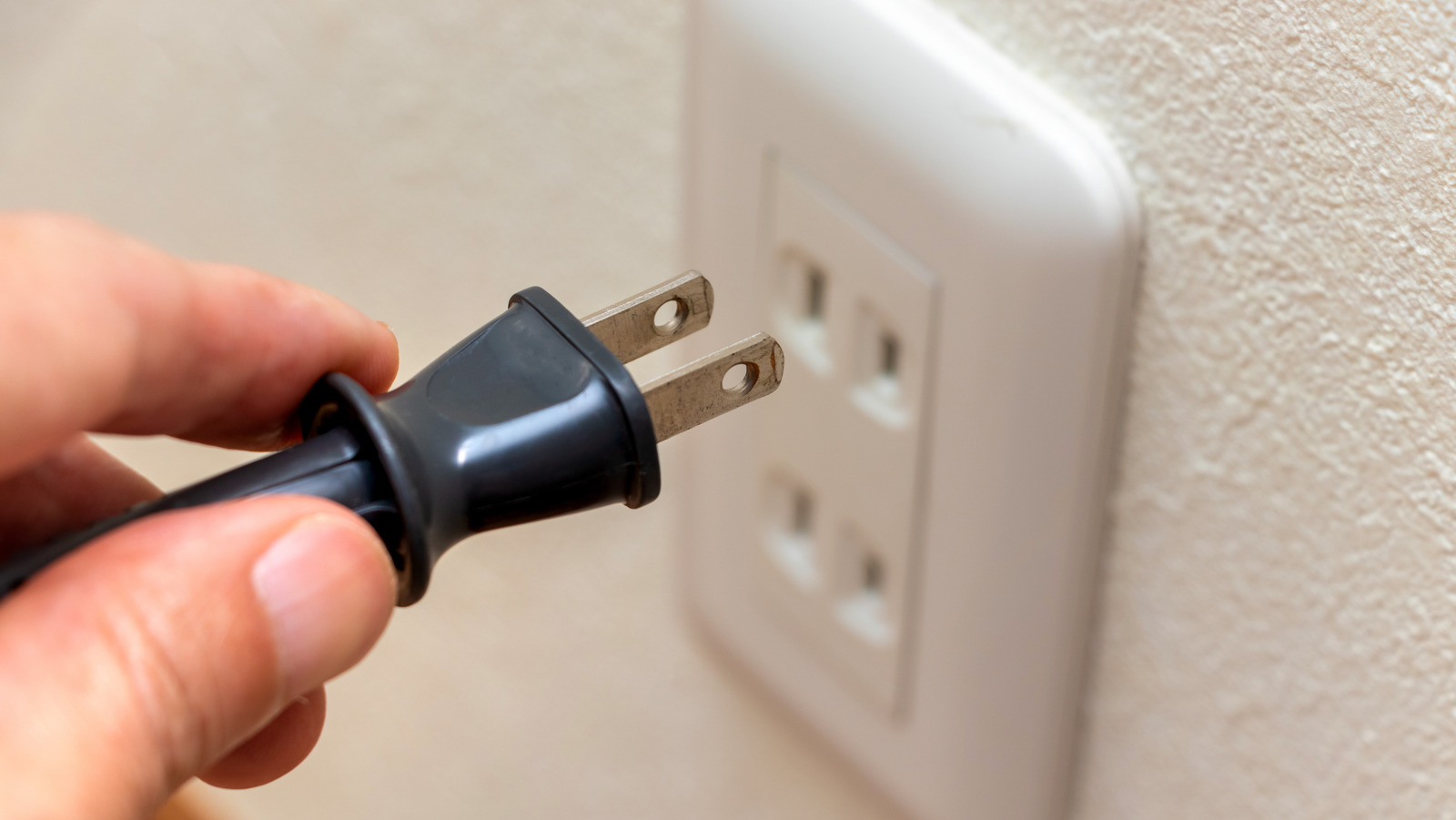
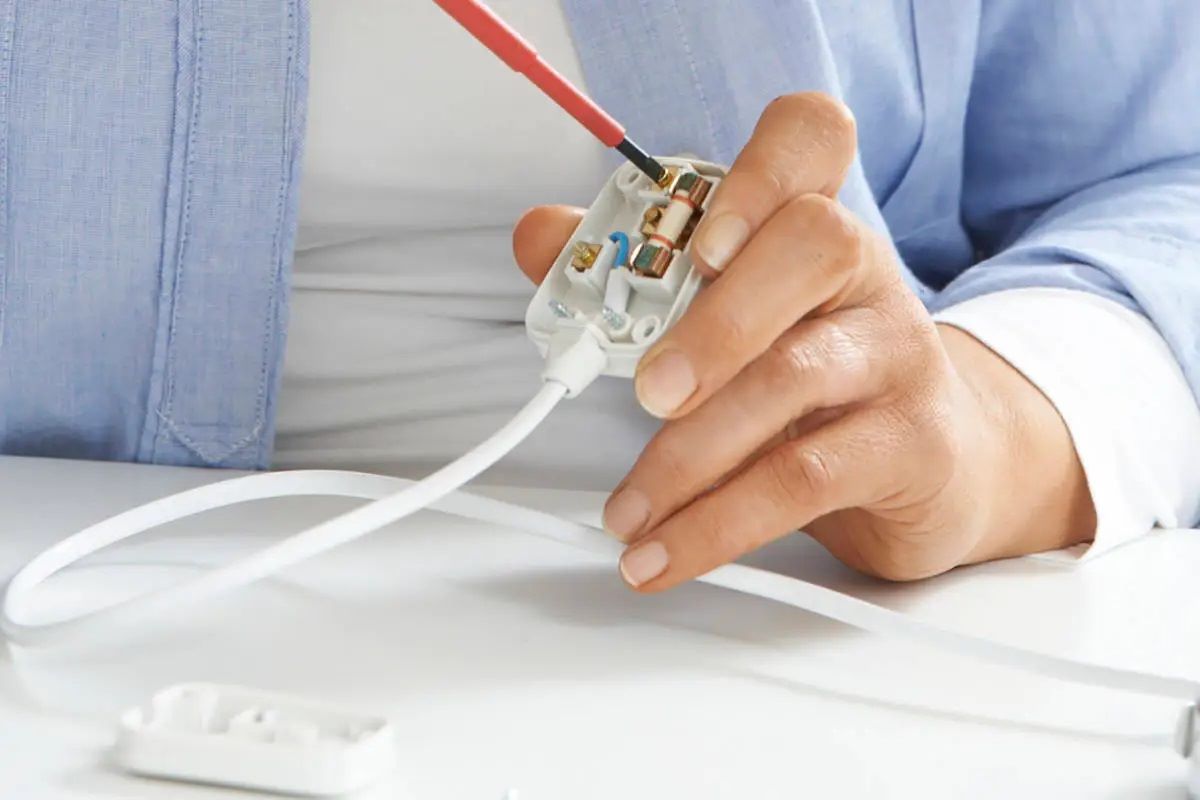
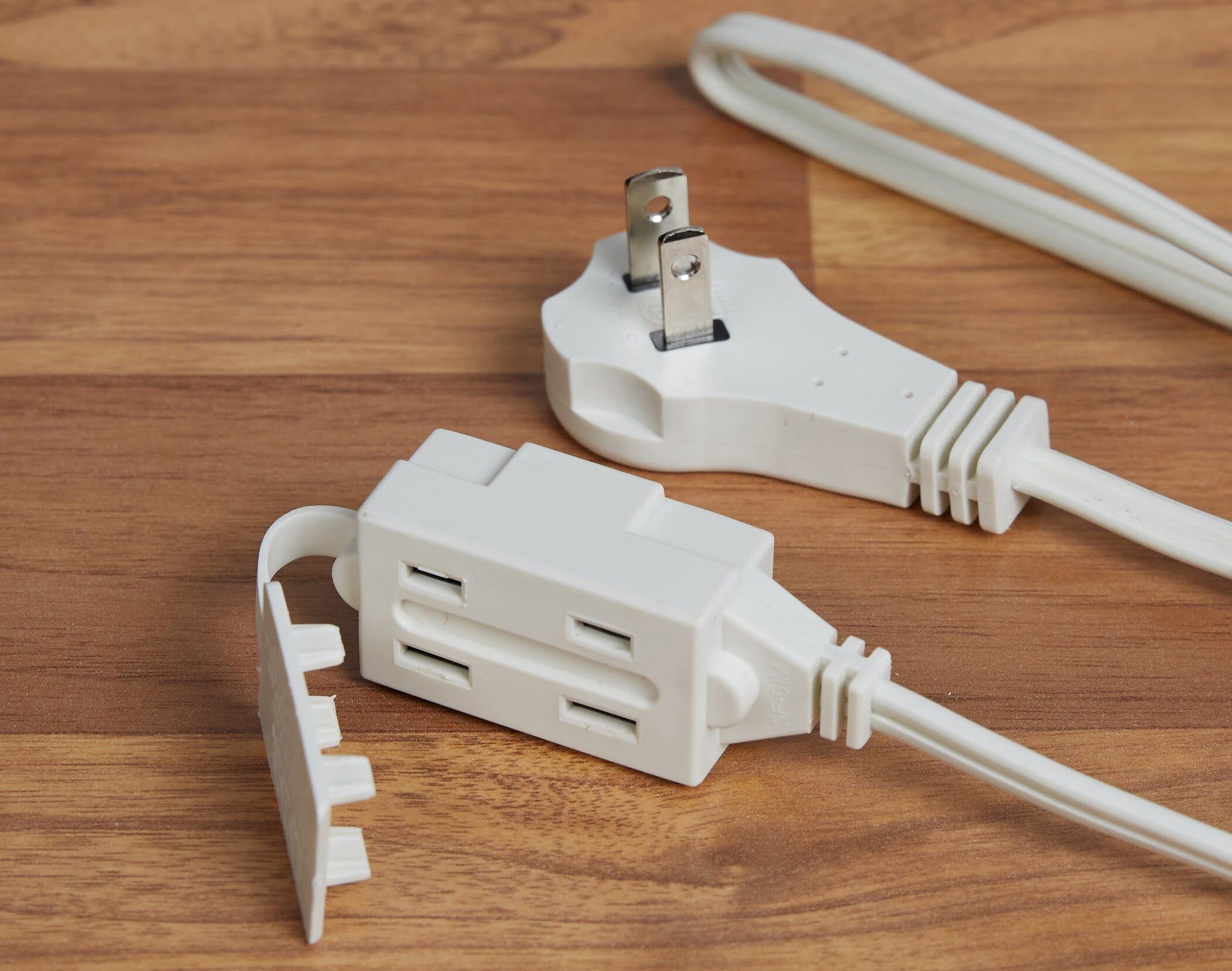
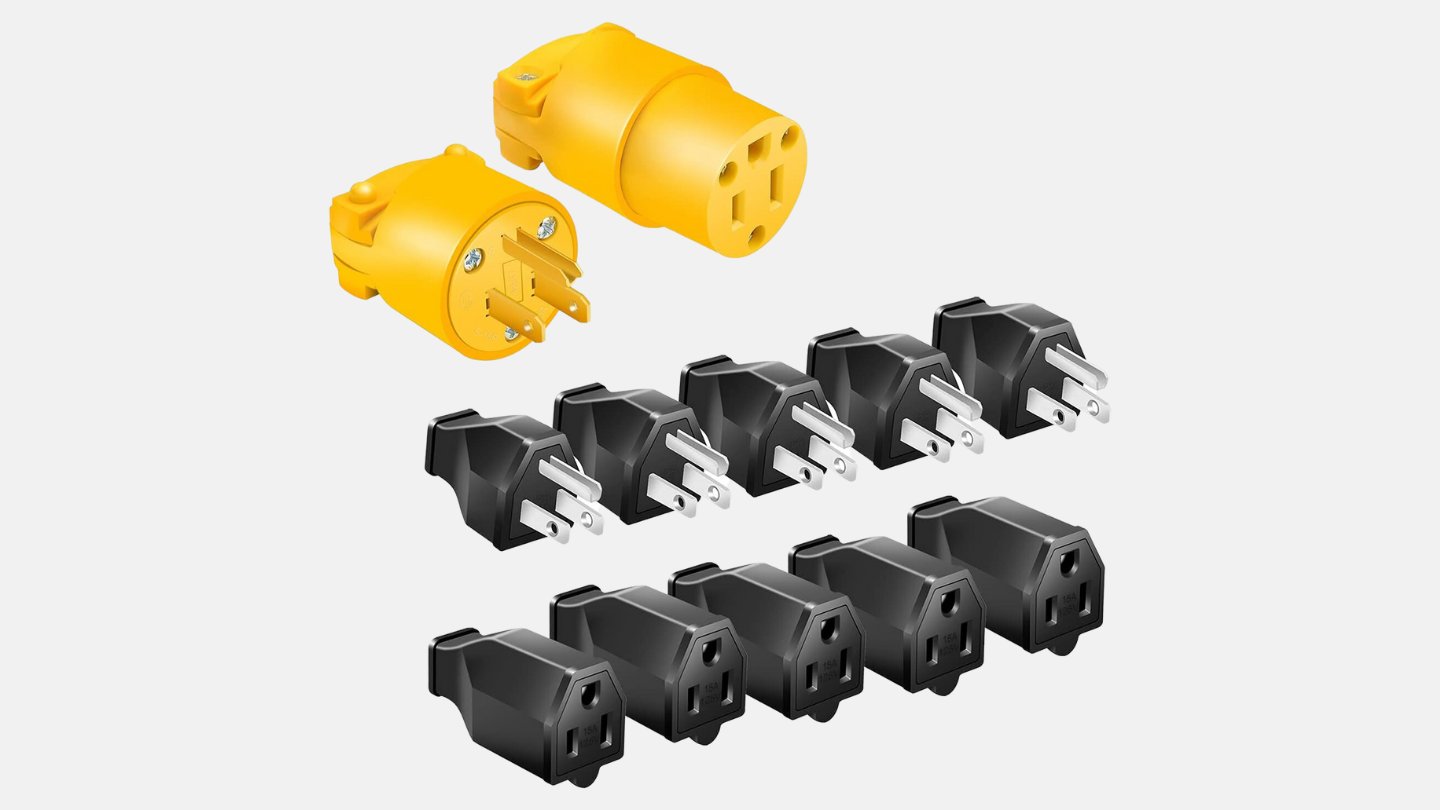
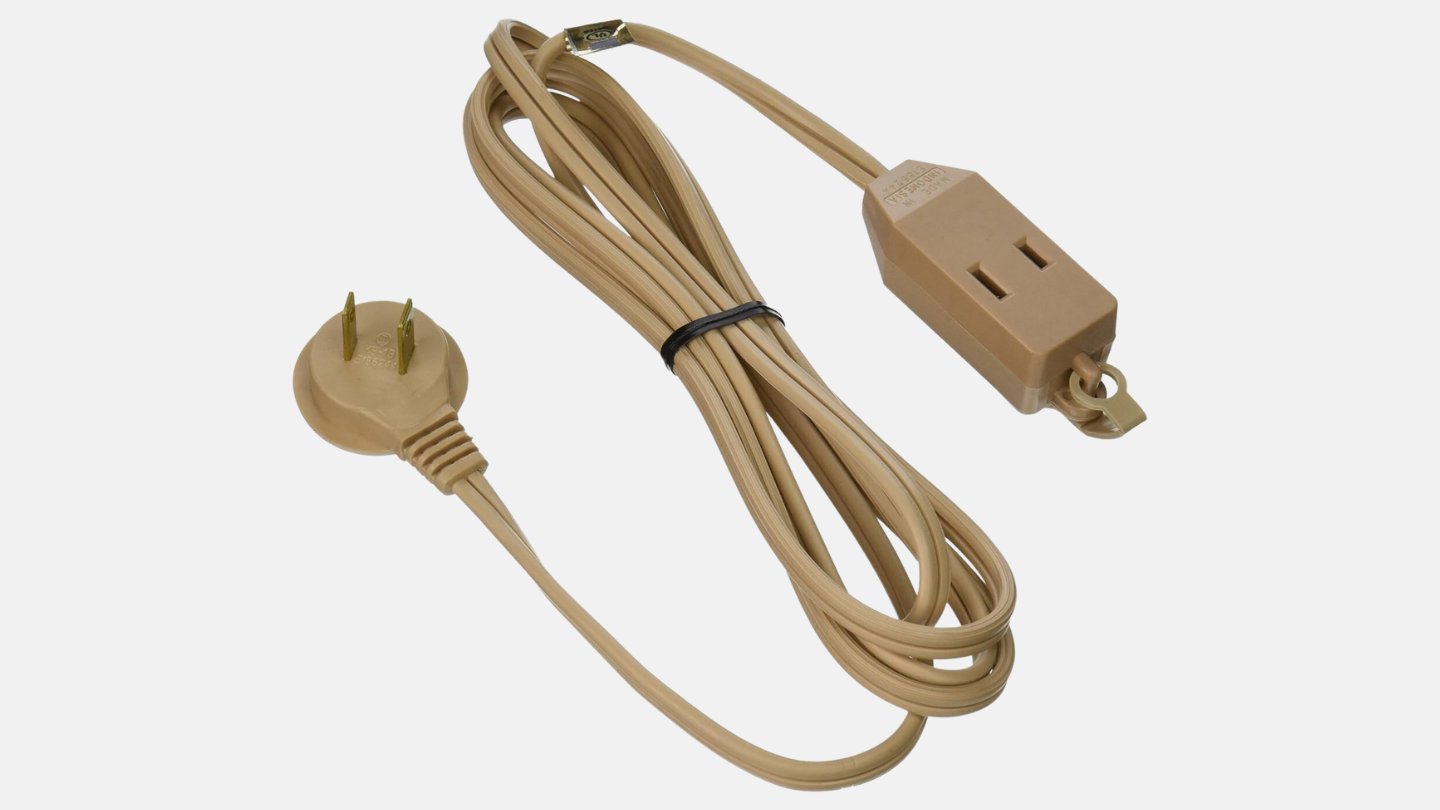

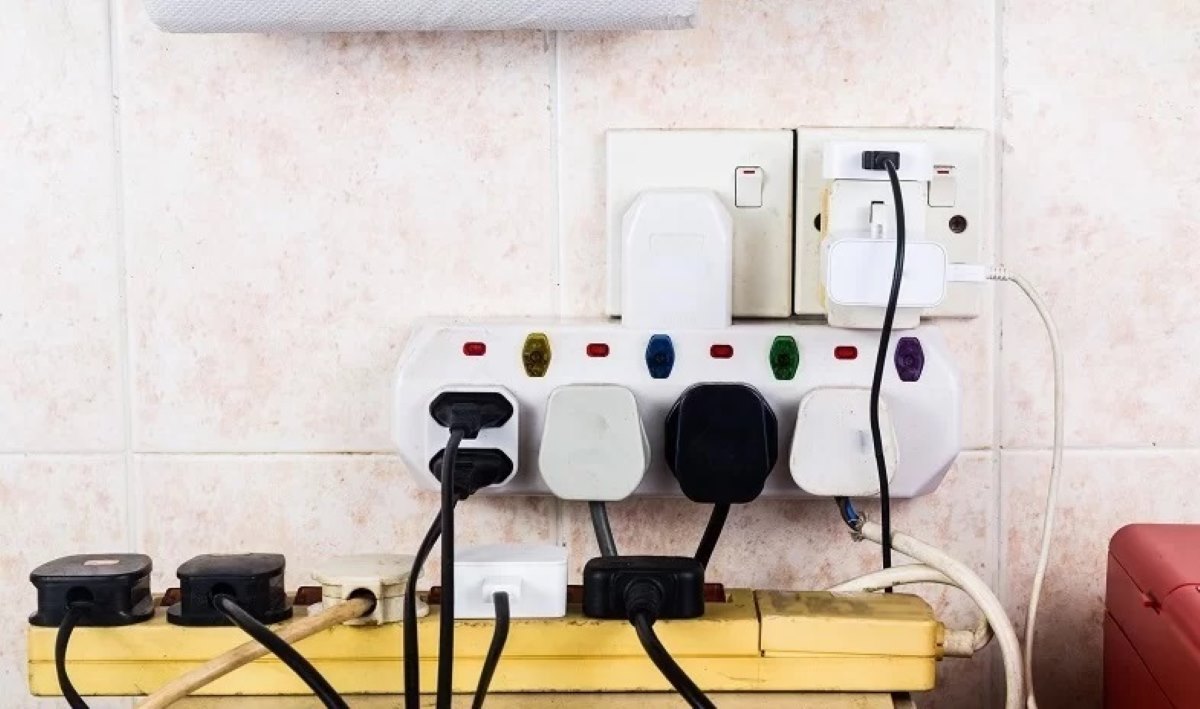
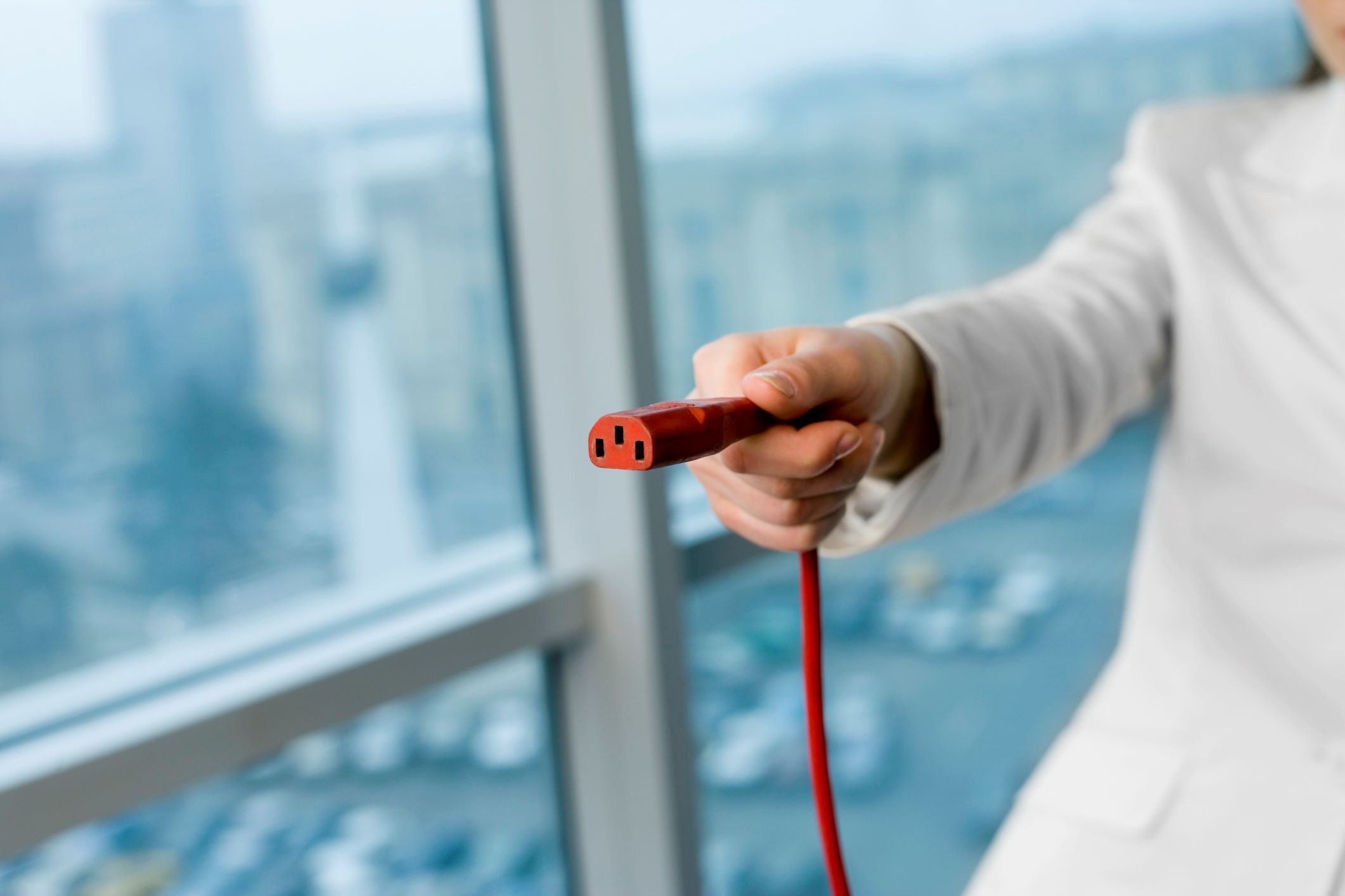
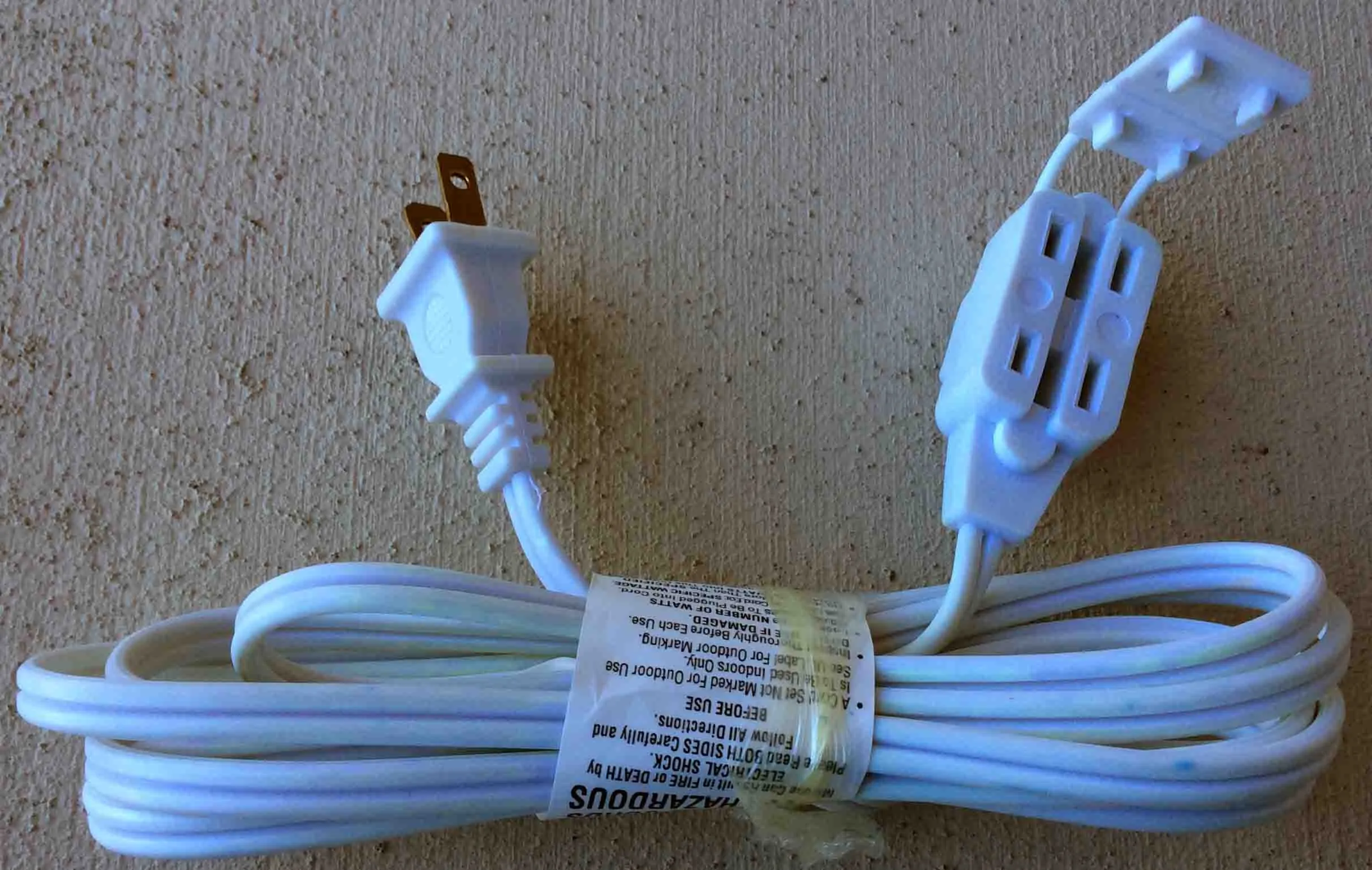
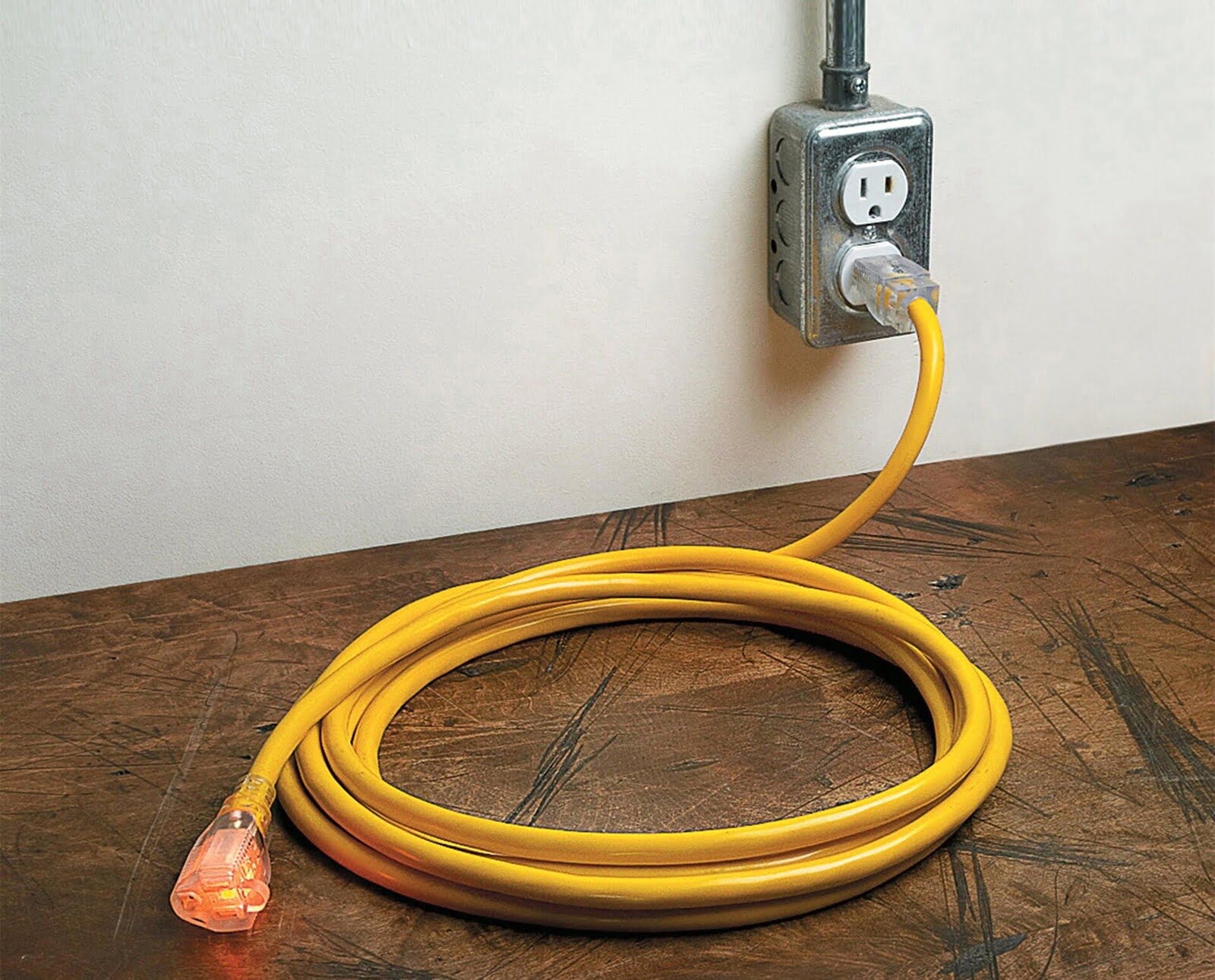
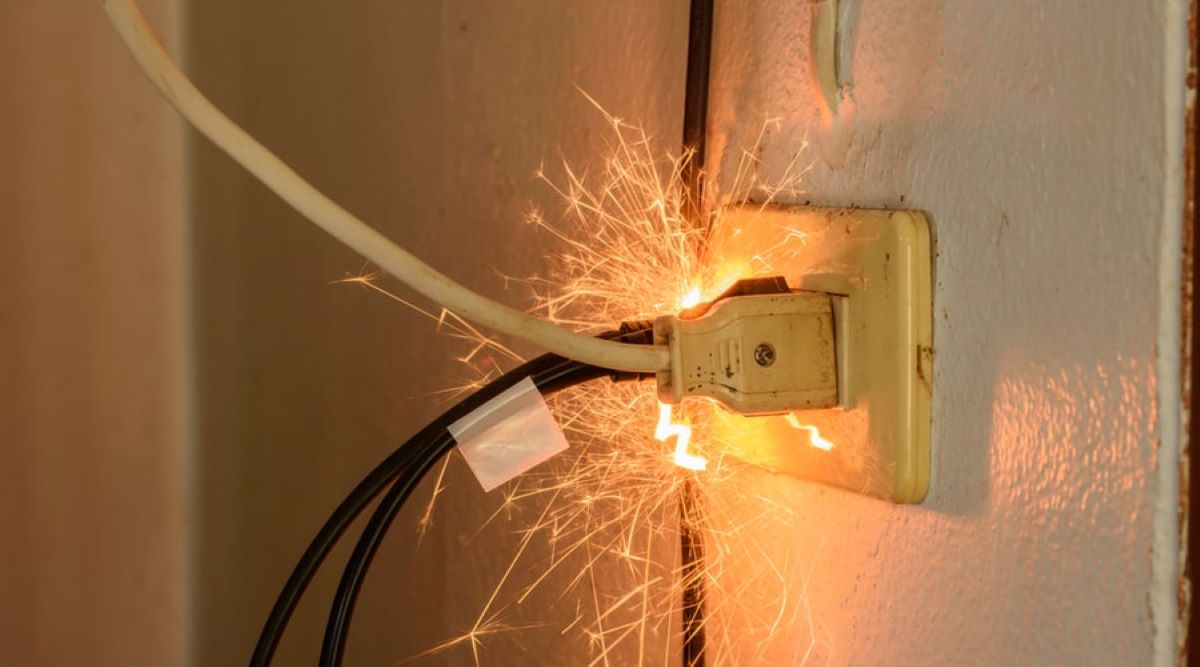
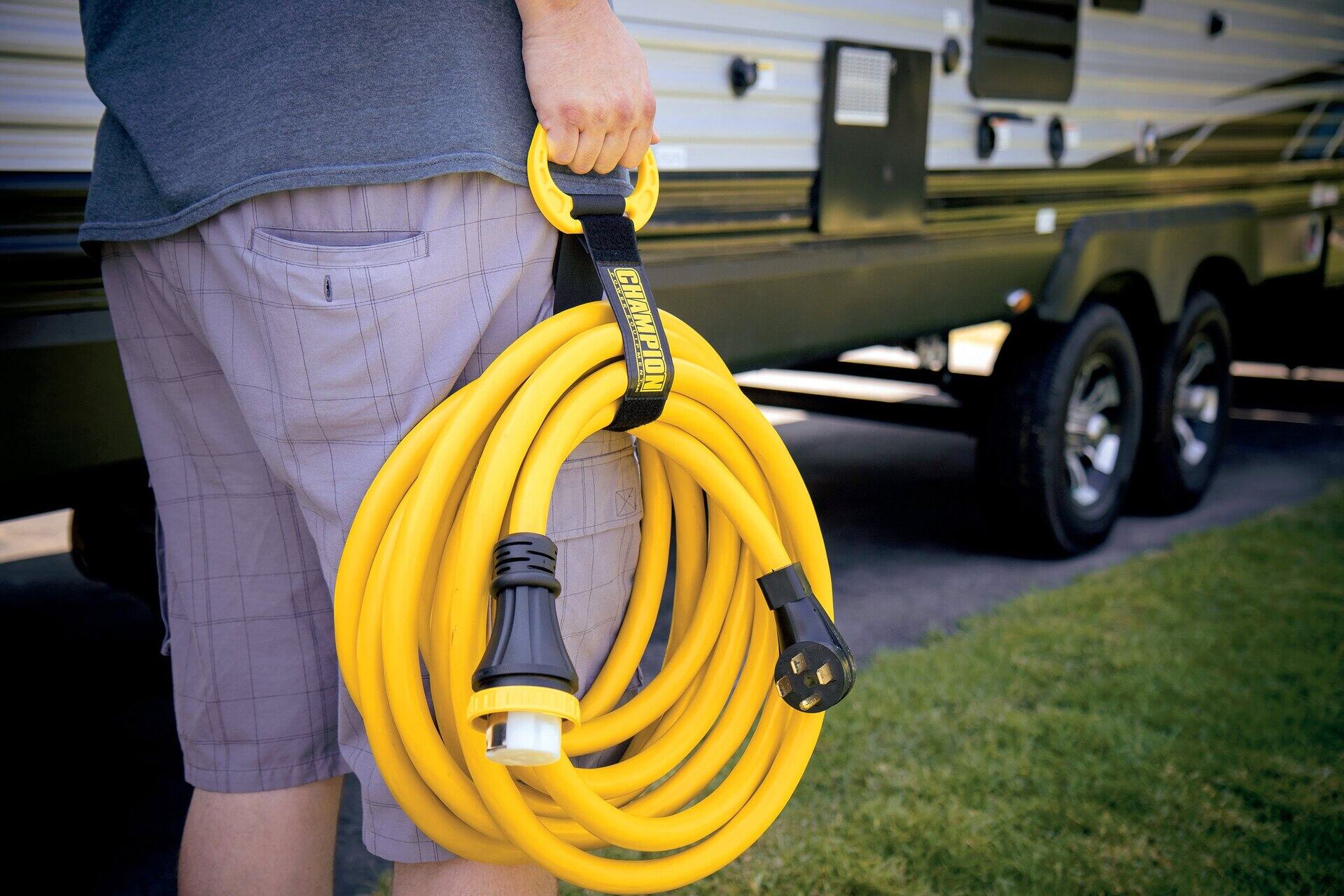
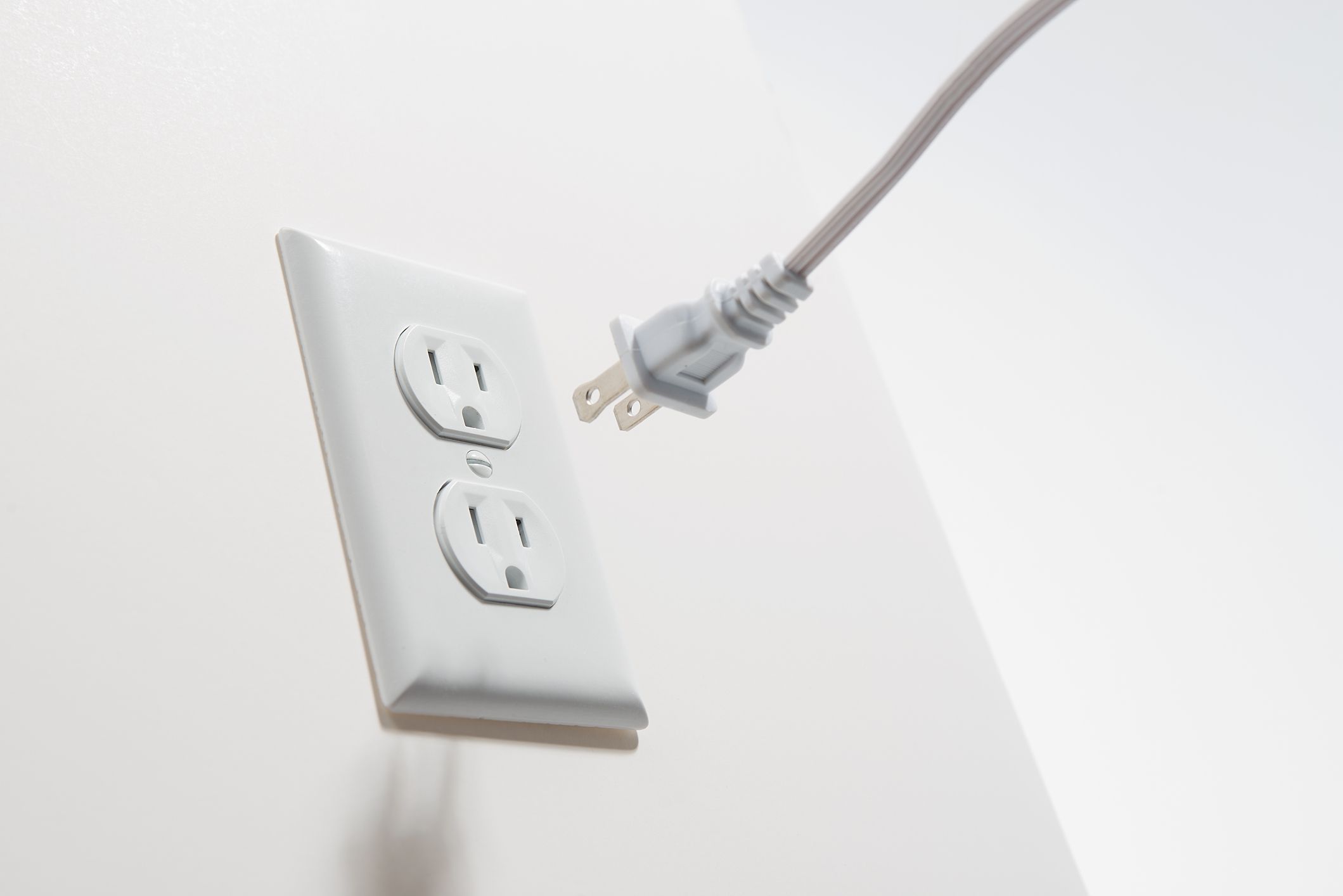

0 thoughts on “What Should Not Be Plugged Into An Extension Cord?”